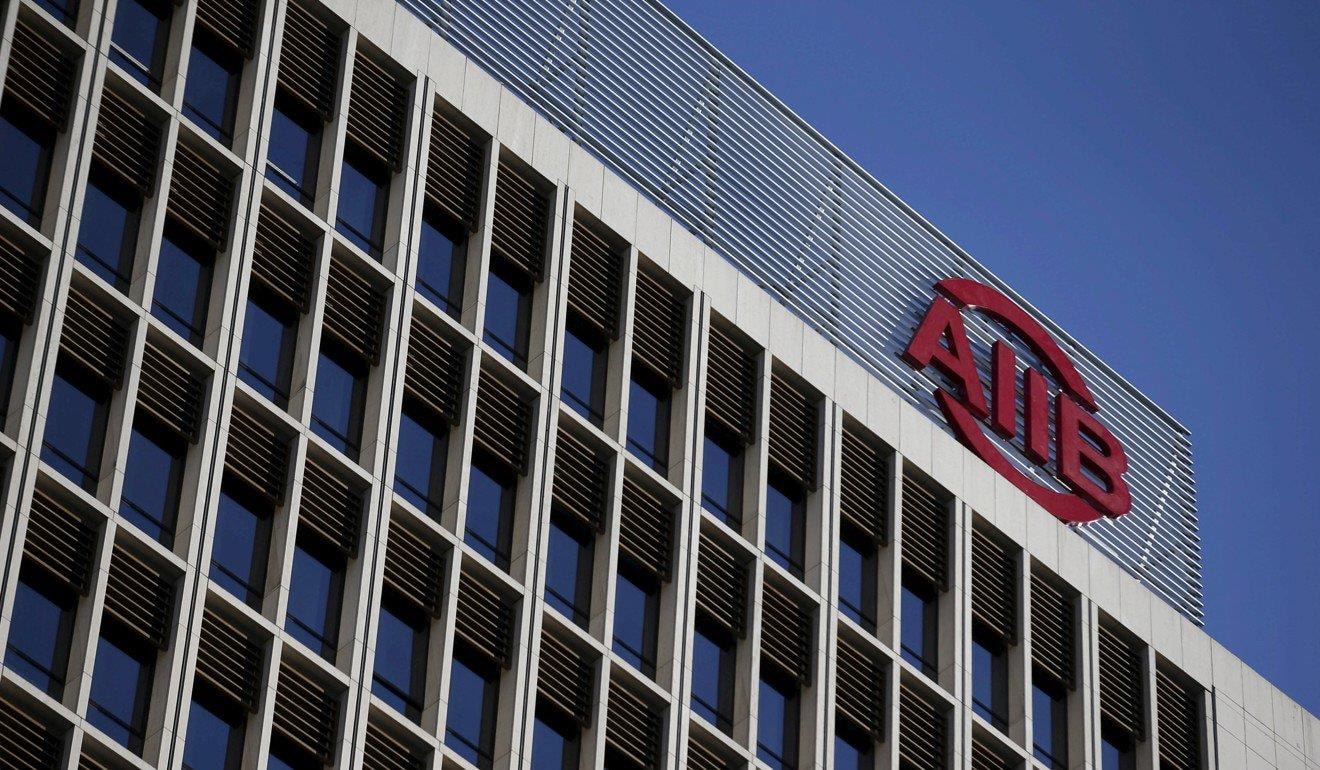The US was wrong not to join China's AIIB.
(Baonghean.vn) - The Asian Infrastructure Investment Bank (AIIB) has expanded to 100 members, with Benin, Djibouti and Rwanda becoming the latest countries to join the Beijing-led multilateral lender.
 |
| China has the largest voting power in the AIIB. Photo: Reuters |
The addition of the three African countries was announced at the AIIB's annual conference in Luxembourg on July 13.
This is the first time the bank has held the two-day conference outside Asia since its establishment in late 2015, as the multilateral financial institution seeks to position itself in global finance.
Although the size of the Beijing-led lending institution is still far behind that of the US-led World Bank (WB) - with 189 members - it is larger than the Manila-based Asian Development Bank (ADB) with 68 members.
"We now have members on all continents," AIIB Vice President Danny Alexander stressed.
The development of the AIIB is seen as a diplomatic victory for China, which holds the largest voting power in the bank. The US, which is not a member, sees the bank as a tool for Beijing’s geopolitical aspirations, but China has successfully persuaded key Washington allies – including Britain – to join the lending institution.
Alicia Garcia-Herrero, an economist specializing in Asia-Pacific research at Natixis, said that the AIIB is an agency that promotes Chinese interests, just as the World Bank and the International Monetary Fund (IMF) have long promoted US interests - but with significant differences.
Expert Garcia-Herrero, also an ADB advisor, commented: "The US does not have enough shares to fully control the WB and IMF. This is a mistake that China does not make with the AIIB. In fact, the US not joining the AIIB only helps China control this organization more tightly, so it can be seen that the US decision is a mistake."
Meanwhile, expert Stephen Olson from the Hinrinch Foundation - a non-profit organization promoting sustainable global trade, said that the AIIB should not be seen as a competitor to existing organizations such as the WB and IMF.


